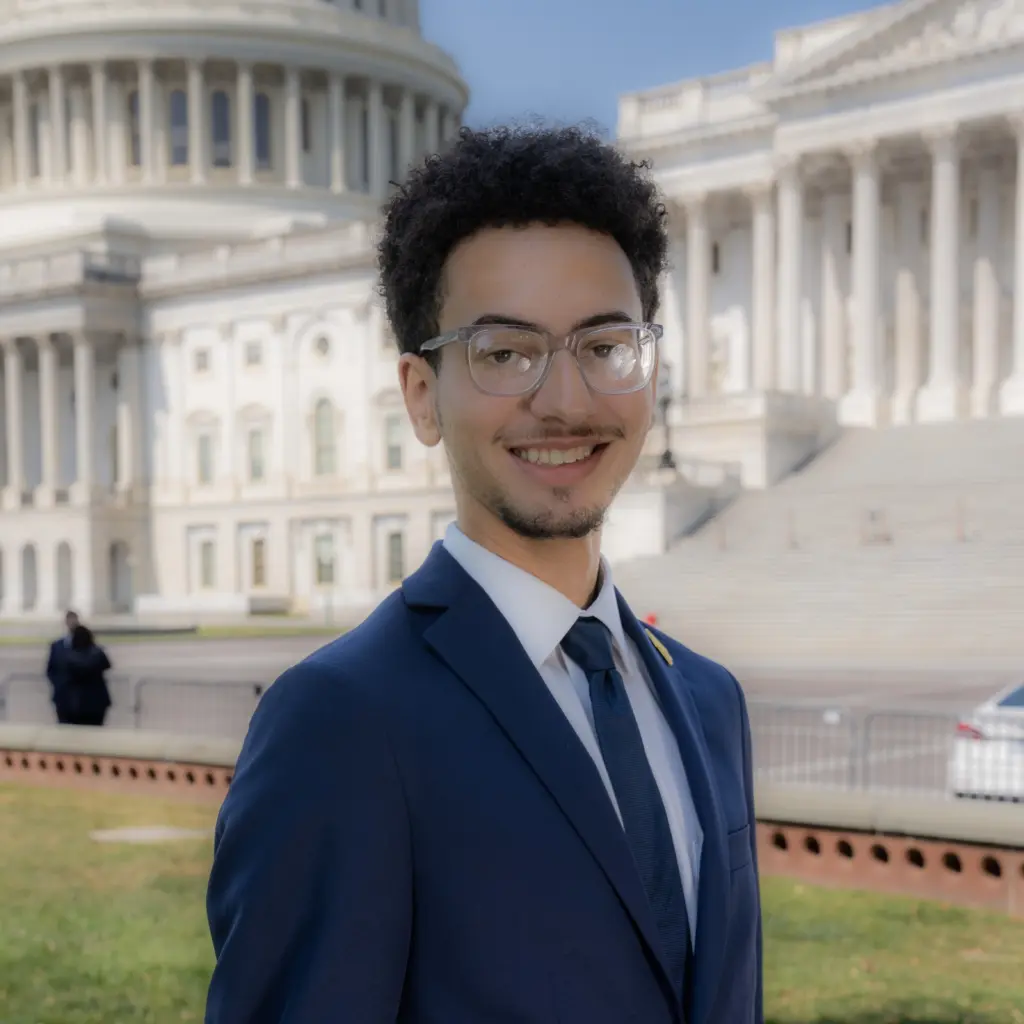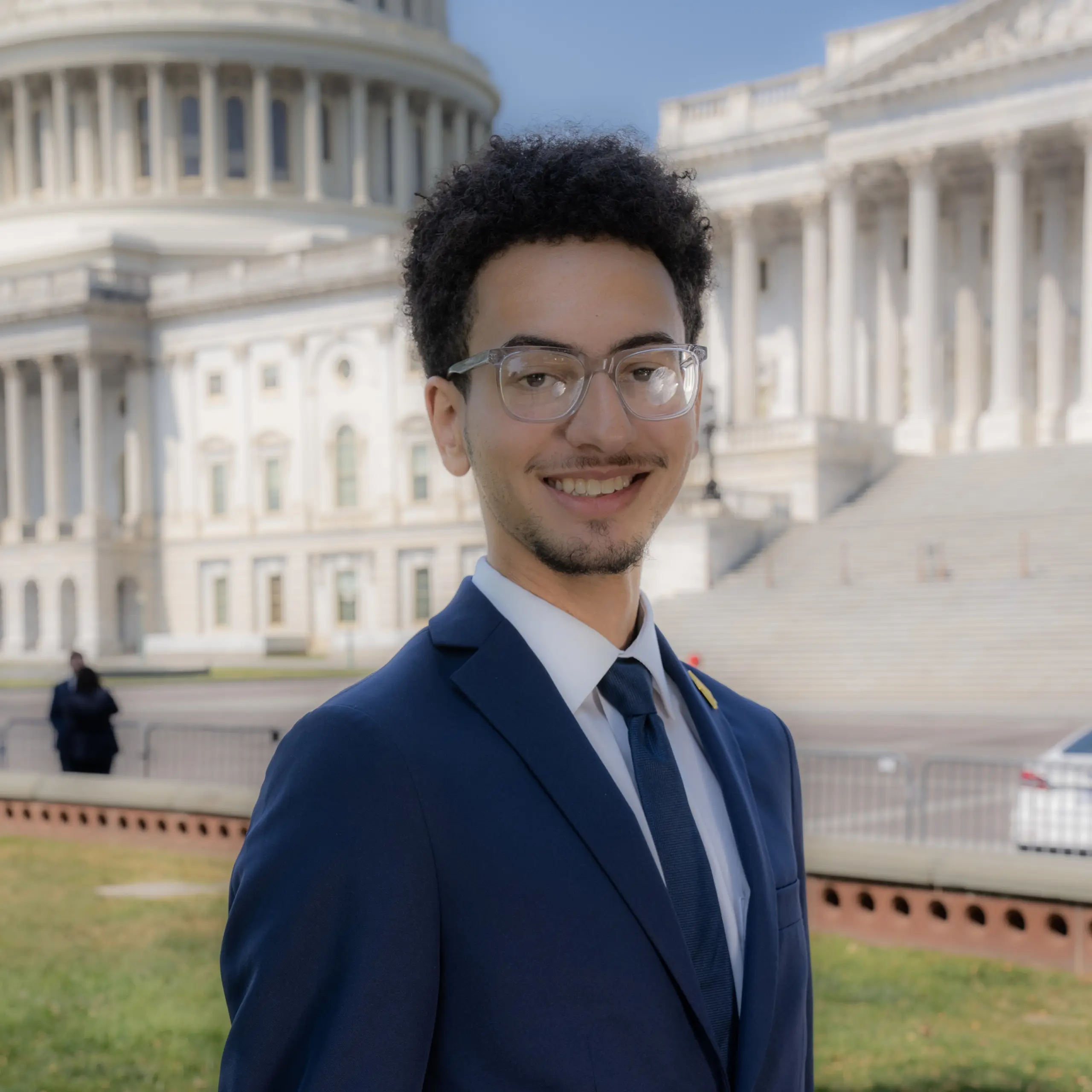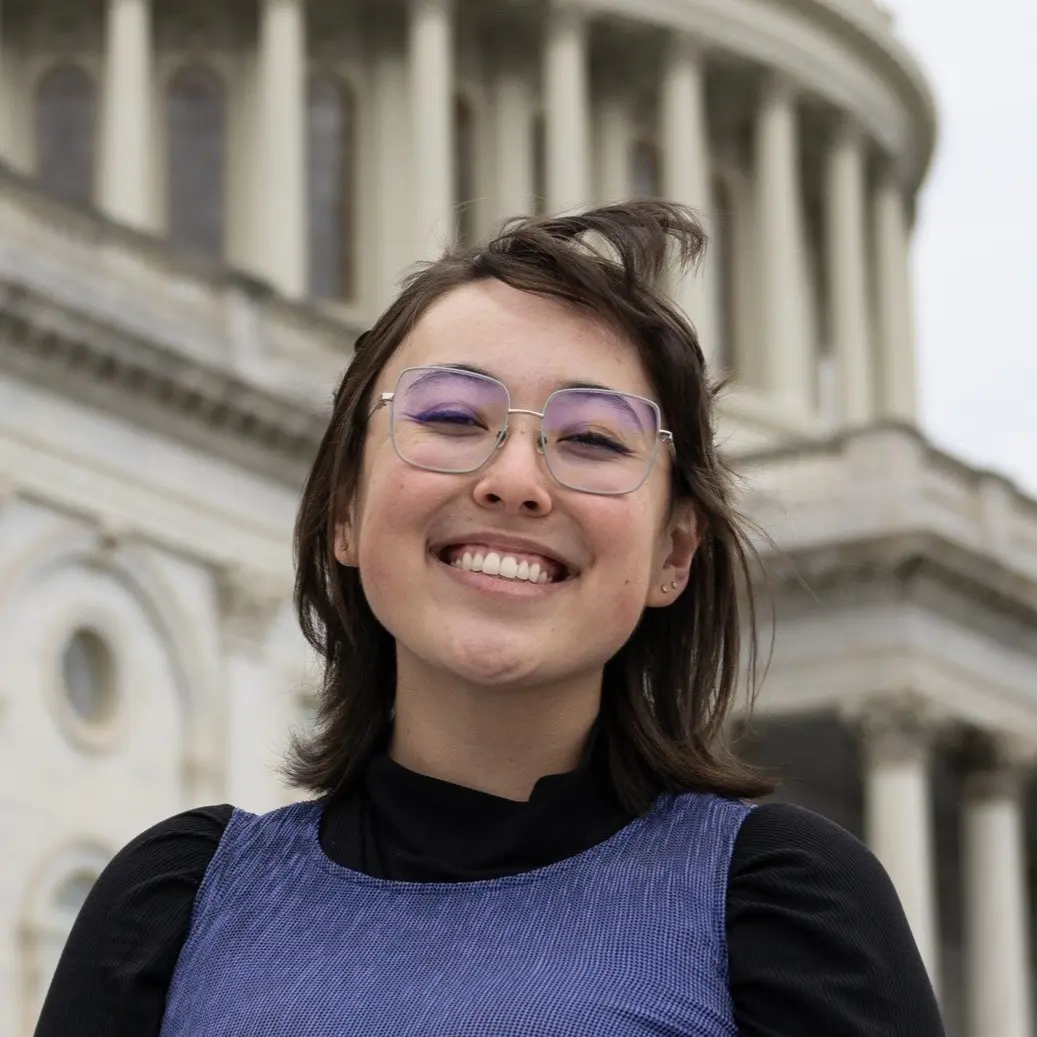
OUT ON THE HILL is the official blog of the Victory Congressional Interns. Views expressed do not necessarily reflect those of LGBTQ+ Victory Institute. Learn more about the internship at victoryinstitute.org/vci.
———————————–
I once believed in a myth that joining the Victory Institute family was a surefire way to easily make friends in a queer community composed of outstanding LGBTQ+ leaders. I thought that after arriving in Washington, D.C., and meeting the members of this summer’s cohort, finding friends would be as easy as a handshake and sharing a fresh batch of cookies with strangers. I am here to tell you, and anyone with this preconception, that the community we should truly strive to be in cannot be found. It must first be built.
When you ask about the meaning of queerness to the 16 extraordinary members in our cohort, you’ll discover that none of us have an identical answer. A sliver of the endless diversity of the queer community in our country is represented in this class of Victory. Within the first two days of us engaging in conversation about what being LGBTQ+ looks and feels like on and off the Hill, it was clear that some parts about being queer were highlighted by some and subdued by others. To form meaningful relationships in this group, we obviously had to give much value to intersectionality.
Intersectionality is fundamental not only to our cohort but to the queer community at large. We must recognize that individuals may face overlapping discrimination and marginalization based on race, ethnicity, disability, gender identity, or socioeconomic status. With that being said, the other interns and I couldn’t just show up to the Victory office and say, “When we are with each other, we are only queer. We will mask the other parts of our identity in our shared space to avoid conflicting opinions.” This is where the real work began.
From the onset of this experience, I spent weeks wondering how to bridge the gaps between our various identities. Ideally, I wanted to find a way for the group to interact with one another in and out of the office where every individual felt “in tune” with the cohort all of the time. Since everyone here is queer, my first instinct was to focus on highlighting our collective queerness. I thought that by talking less about my Blackness and more about my queerness, conversations would be more comfortable for everyone. I committed to turning us into a melting pot where all other parts of our identity get “mixed in” to a greater picture. A picture where identities like Blackness, Whiteness, disability, socioeconomic status, and the myriad of other identities represented in our cohort were no longer visible. This work was to create a solution to that awkward moment in a conversation where somebody says, “I totally get what you’re saying, but I don’t relate to that at all.”
It took three weeks and a lengthy conversation with Zach and Devon, two other Victory interns, to understand that I had to stop trying to find a solution to remedy our lack of uniformity. I wasn’t giving up because it was too difficult to do so, but because I realized the gaps in understanding each other were never a problem in the first place. Why was my instinct upon entering this space to encourage my Victory family to be adept at code-switching for each other’s comfort? I grew up surrounded by diversity in my hometown; I have even sought it out at my university, where I live in a community of students from around the world who make my school feel like home. When I found this group of LGBTQ+ people in D.C., I was so eager to capitalize on our similarities that I instantly forgot about the value of our differences. The queer community is not, nor has it ever been, a melting pot. We are a mosaic. Every element of our identities, no matter how small or jagged, contributes to a beautiful greater picture. Every piece is visible. Every piece is important. As a member of this cohort, I have the responsibility and privilege to show up to work every day as my authentic self, and I am nearly certain that the other Victory interns would tell you something similar.


